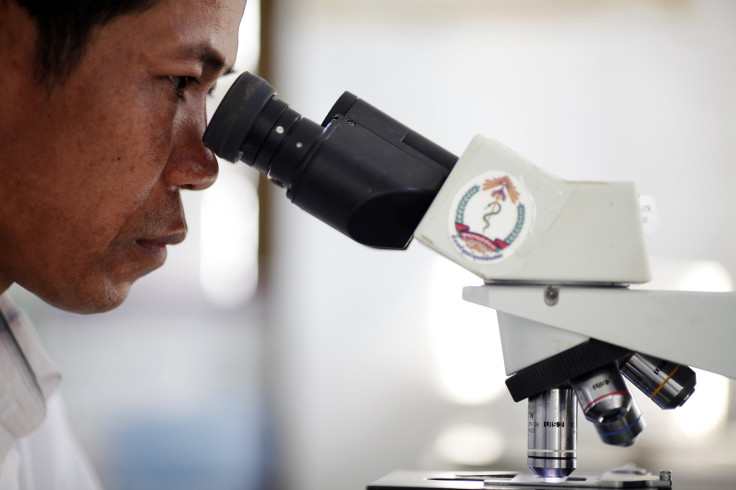Australian scientists receive grant to boost development of new malaria drug

Australian scientists at the QIMR Berghofer Medical Research Institute in Brisbane will step up the development of new drugs to fight malaria with the support of a $10 million investment.
The landmark funding for malaria drug development was announced by Trade and Investment Minister Andrew Robb and Premier of Queensland Annastacia Palaszczuk as part of the Northern Australia Investment Forum.
Investment in treatments for diseases such as dengue fever and malaria was a major development focus for the region, Robb said during the forum. “The economic burden of malaria alone reaches into the hundreds of millions of dollars each year and the human cost, of course, can be much greater,” according to Robb.
Robb said that Australian researchers and biotechnology companies can play a major role in solving health issues across the tropical zone, given the country’s expertise in managing tropical diseases in the north.
The investment from Geneva-based Medicines for Malaria Venture (MMV) was a boost to the team which is developing and testing new malaria medicines at a lower cost, Palaszczuk said.
She added that the work of the researchers, led by Professor James McCarthy at the QIMR Berghofer Medical Research Institute, will have social and economic benefits not only for Australia and the Asia-Pacific region but also worldwide. The MMV support will enable testing of candidate antimalarial drugs in healthy volunteers injected with a small number of malaria parasites, without putting them at risk.
In another step toward combating malaria, Foreign Affairs Minister Julie Bishop announced in a press release that Australia and China are working together in an on-the-ground health project in Papua New Guinea. The innovative cooperation project, the first for the Asia-Pacific region, brings together the three countries to tackle the disease.
Australia will contribute $4 million over three years for the program, while China will provide technical expertise as well as an in-kind contribution over three years to fund the ground-breaking project. It comes on the heels of the signing of a Memorandum of Understanding on Development Cooperation between Australia and China in 2013 to enable practical collaboration on development issues in the Asia-Pacific region.
According to Bishop’s statement, nearly 95 percent of the PNG population lives in areas of high risk for malaria. This often affects the most vulnerable and represents a major health and economic burden, which profoundly affects the country’s development.
The project complements the Australian aid program’s focus on strengthening PNG’s health systems by improving the capacity of key PNG medical institutions to correctly diagnose and treat malaria.
Contact the writer at feedback@ibtimes.com.au or tell us what you think below.




















